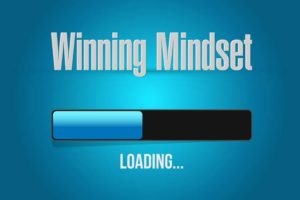Interview With A Construction Expert | Felipe Engineer-Manriquez
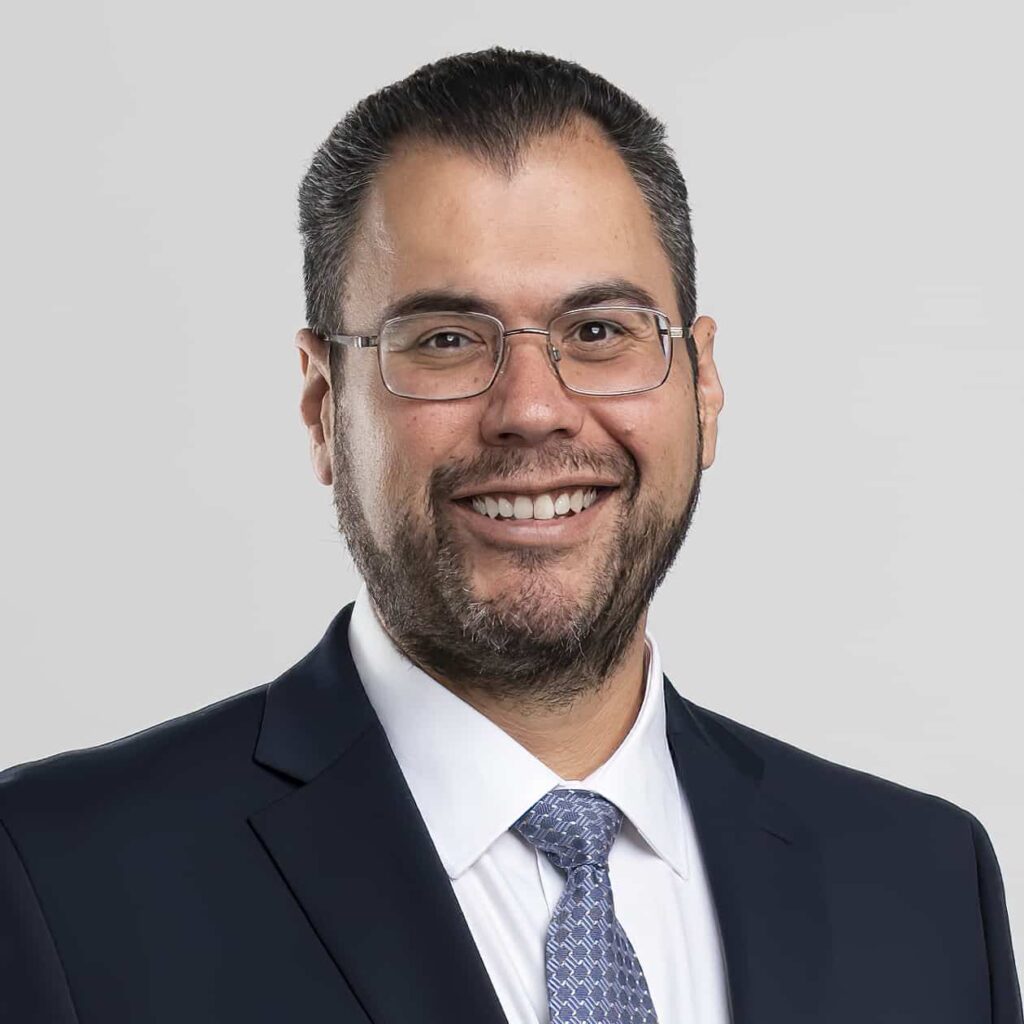
Felipe Engineer-Manriquez is an influencer in many ways. A positive and progressive voice in the construction industry, he is a prime example of a person that cares about people and an entire industry.
A man that wears many hats, he’s an author, podcast host, keynote speaker, and director, there is so much to learn from him. I was privileged to meet Felipe through the Specified Growth Podcast and I’m amazed at how much time and effort he puts into everything he does.
An advocate for Lean Construction, Felipe is a high-performing person with so much knowledge to share with our readers.
Thank you Felipe for taking the time to join our growing resource. Please tell us about your background.
My name is Felipe Engineer-Manriquez and my main job is as a Project Delivery Services Director at The Boldt Company. I am also the CEO & Host of The EBFC Show.
As a Director, I help design and construction industry projects improve performance. I’m an expert in various processes, such as Agile, Lean Construction, Scrum, and process improvement, which I use to create high-performing teams and improve schedules and budgets.
I have experience leading regional and multi-regional teams and generating new business leads from clients in industries like manufacturing and healthcare. I also have strong connections in the design and construction industry, and I co-founded communities of practice to help spread best practices.
My background covers a range of different types of construction projects including civil, commercial, education, healthcare, and more. Overall, my job involves guiding and facilitating the success of construction projects at all levels, from tactical planning to marketing and project leadership.
As the host and CEO of The EBFC Show construction podcast, my job is to share principles and practices to make construction easier and better. Construction is challenging, but I invite guests on my show who are working to improve it by improving people, processes, and the overall business.
My goal is to inspire and help those dedicated to improving our industry. Through my podcast, I show how having a sense of purpose, being in control of your work, and becoming skilled at what you do can positively impact the construction industry.
What exactly is a general contractor, and what does The Boldt Company do?
A large commercial general contractor is a company that builds really big things like office buildings, schools, hospitals, and shopping centers. We are builders that work on really large projects that require a lot of people and resources to complete.
We make sure the buildings are built safely and meet all the requirements that are needed for people to live and work inside them. We work with many others, like architects, engineers, and subcontractors, to get the job done. General contractors take the design plans and turn them into real buildings that people can use.
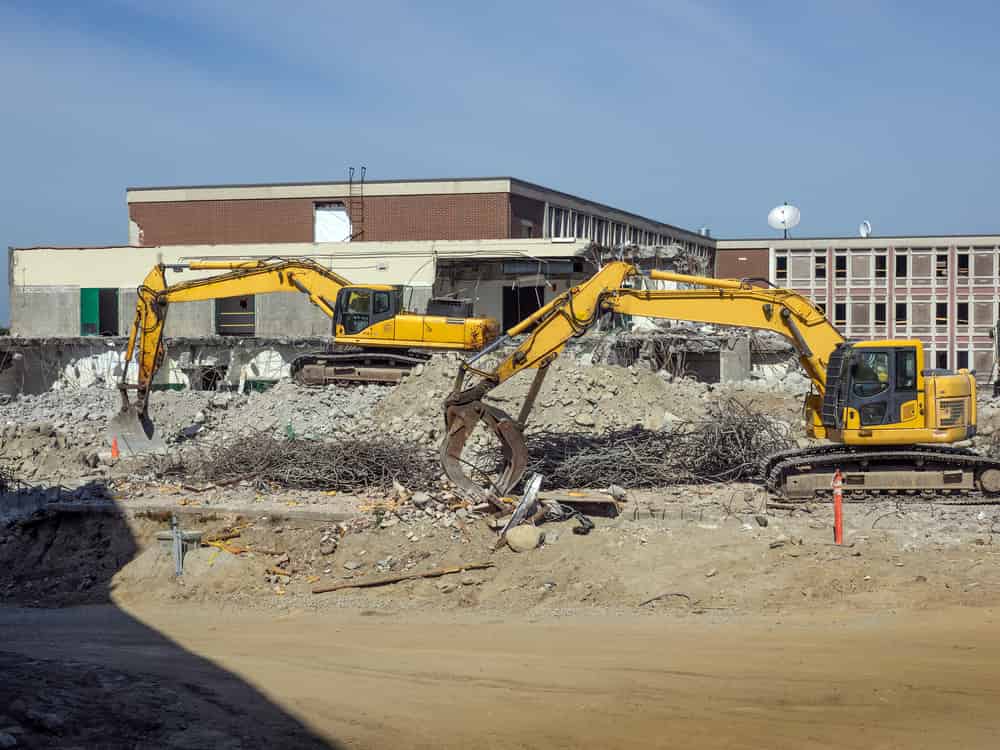
This sounds like a lot of responsibility. What experience and training did you complete to get into this role?
I went to college, earning a bachelor’s in electrical engineering and later a master’s degree in business administration. To get my current role, I had to learn how to apply Lean and Agile practices from other non-construction industries in order to learn and deploy better ways of building.
Where did you start your career and how did you end up in your current position?
I began my career in construction over twenty years ago. I started as a field engineer, as an intern while getting my bachelor’s degree in electrical engineering.
I began at the University of Illinois at Chicago College of Medicine Research Building and later worked on the 6 North Michigan Ave Historic Renovation project in downtown Chicago.
I later worked as a project engineer at the Provena St. Joseph Medical Center in Joliet and the Condell Medical Center Emergency Department in Libertyville.
After that, I changed companies to take a position as an assistant project manager and worked my way up to a project manager position managing various projects, including the Chapman University Musco Center for the Arts, San Diego Community College District Mesa College Math and Science Building, and LAUSD South Regional High School #7.
How did learning about Lean Construction help your career?
I learned about Lean Construction and began using it on my projects, later transitioning to a National Director of Lean role to enable organization-wide continuous improvement in project delivery across the country, including changes to supporting departments.
I’ve been the Director of Project Delivery Services at The Boldt Company since March 2022. In this position, I’m traveling weekly across the country to lead project optimization efforts, generate new business development leads, and manage regional and multi-regional teams on traditional and highly collaborative projects.
I’m a sought-after speaker and author on the topics of Agile, Lean Construction, Scrum, process improvement, project production planning and execution, change management, and employee engagement.
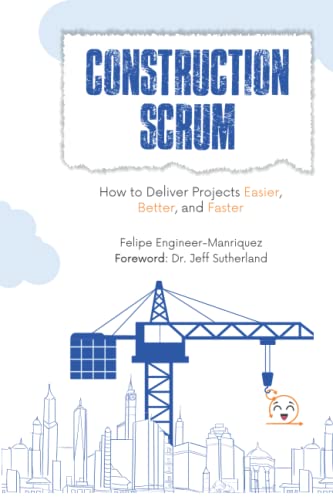
Throughout your career, have you encountered any learning experiences that have stuck with you?
Once as an intern working on a large 12-story project I told a group of seasoned construction foremen to get their daily reports in on time and with better handwriting. I was doing the data entry for these reports into our construction management system.
There were 16 rough and tough leaders of numerous crews getting demands from a teenager. I didn’t think anything of it at the time but the project superintendent pulled me aside and shared a story about how you can attract more bees with honey than vinegar.
What did the discussion with your superintendent teach you?
It taught me to be mindful of how I ask for help and to show respect to field-tested leaders. I still don’t shy away from asking for what is needed, but I’m much more persuasive and tactical in how I ask.
TeenLearner is about helping our youth be successful and opening them to new ideas. Where do you see opportunities arising for somebody young looking to get into your industry?
Overall, the construction industry offers a variety of career paths and opportunities for younger people who are interested in building things and making a difference in the world.
For those interested in working in the field, opportunities may include starting as a laborer or apprentice in a trade such as carpentry, electrical, or plumbing. This could lead to becoming a journeyman in the trade or even starting their own contracting business.
For those interested in management or leadership positions, opportunities may include starting as a project engineer or assistant project manager, working on projects, and learning the skills needed to manage them successfully. This could lead to roles such as an estimator, project manager, superintendent, or director of project delivery services and even become an executive.
In addition, opportunities may also exist in other areas of the construction industry, such as working for suppliers or manufacturers of construction materials, or in specialized areas such as sustainable building, project finance, virtual design and construction, BIM, drones, and other technical specialties.
Wow, there are careers for everybody in construction. I appreciate you exposing all the opportunities. As we are also teaching our youth how to understand money, do you have any personal finance principles that you follow or that guide your decisions?
I once read “The Richest Man in Babylon.” It is an older book that outlines five fundamental principles for personal finance from ancient times. I use them as rules to enable growing wealthy.
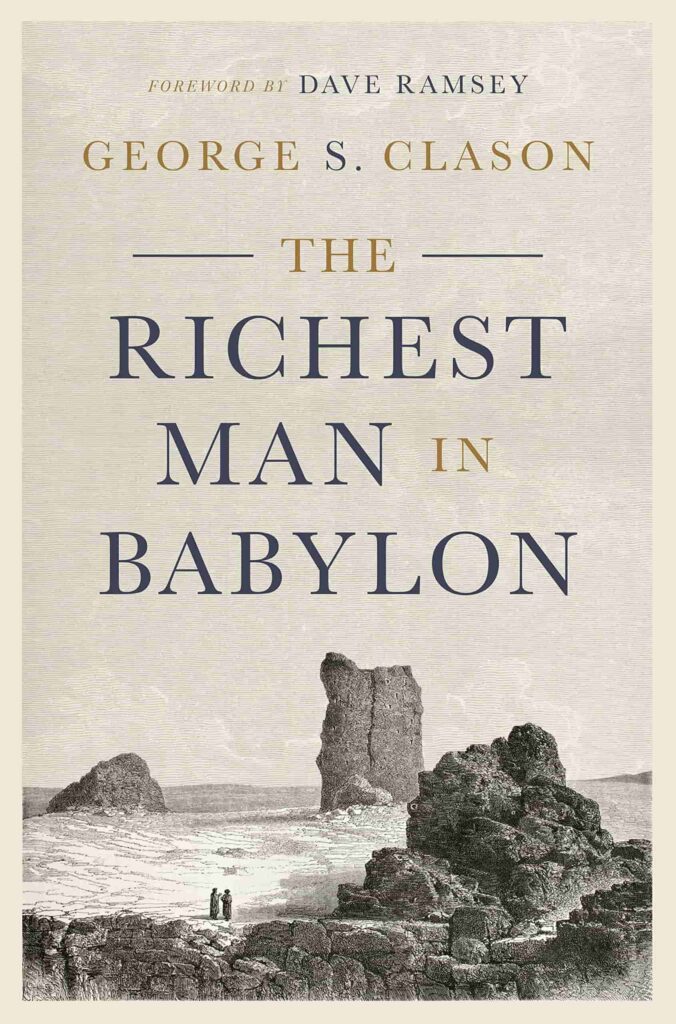
First, save at least 10% (or more) of your income for the future every year. This is called paying yourself first.
Second, make your money work for you by investing it in profitable ventures.
Third, exercise caution while investing by seeking expert advice and investing in things you understand.
It is important to save, invest wisely, and stay informed while avoiding risky investments. These simple rules have provided sound guidance for my family and me.
If you could go back to being a teenager, is there something that you would change about your decision-making knowing what you do now?
I would take action to improve my intuition. Now that I’m older, I can spot the difference between big decisions and minor ones.
It is worth slowing down for big ones to consider the possibilities and consequences, good and bad. Allowing time to pass to get an expert opinion is priceless, and I don’t skip this anymore.
I also take advice from people in positions earned by their experience. For example, I wouldn’t ask my music teacher for advice on a good paper, just as I wouldn’t ask my English teacher for advice on how to play the piano.
Great advice! What is one thing every teenager should start or do today to begin a successful financial future?
One key step to becoming financially literate today is to start with the basics. Begin by learning the fundamental concepts of personal finance, including budgeting, saving, investing, debt, and financial planning.
Basic principles will serve as the foundation for building your financial knowledge. Make an effort to read books, blogs, and articles on personal finance, watch videos, listen to podcasts, and attend seminars to deepen your understanding of personal finance.
This education is priceless and will pay dividends over the course of your adult life. Put into practice to apply what you learn. Today is a great day to create a budget, start saving money, open an investment account, and use the knowledge you’ve gained to make informed financial decisions. Remember, practice is essential for making lifelong financial habits.
Do you have any advice you would like to pass on to any teenager reading this?
Much of what we do isn’t as permanent as it feels in the moment. Your life is a series of decisions, and although we can’t control what circumstances we might find ourselves in, we can control how we react from moment to moment.
Don’t take yourself too seriously, and keep an open mind to learning and trying new things. You are the hero of your adventures.
Great advice Felipe, sharing your experience is valuable to our youth. We appreciate your time and effort to do this.
You can find Felipe with the following links:
Website, TikTok, YouTube, Podcast
Felipe’s book, Construction Scrum, is available here

